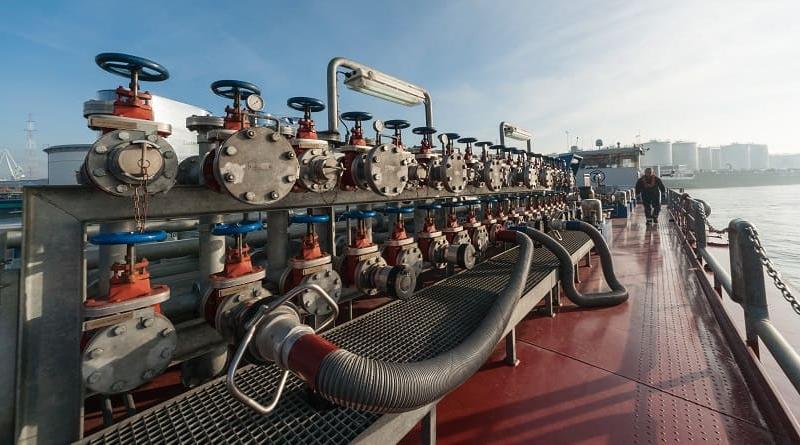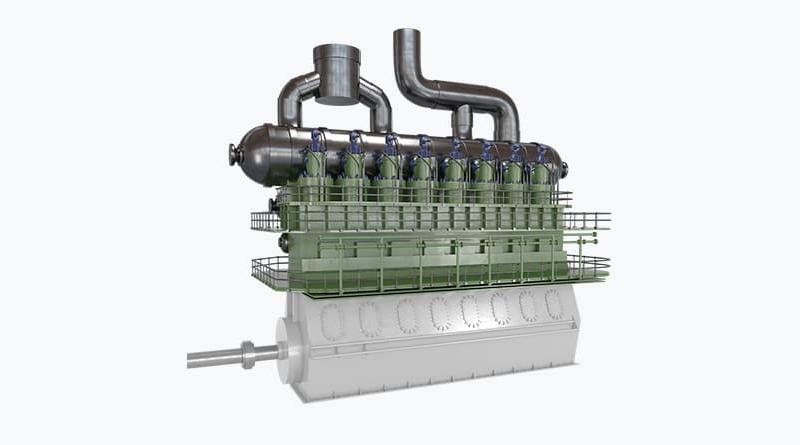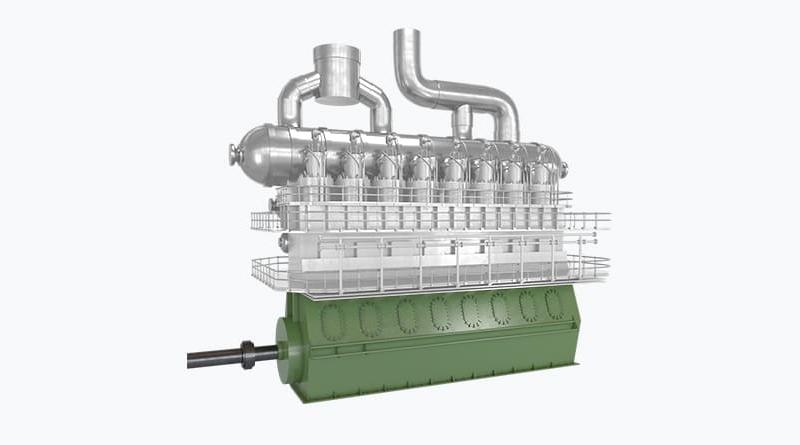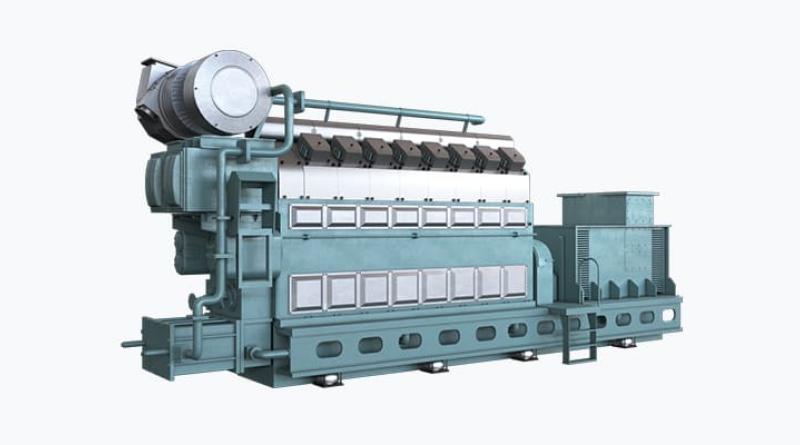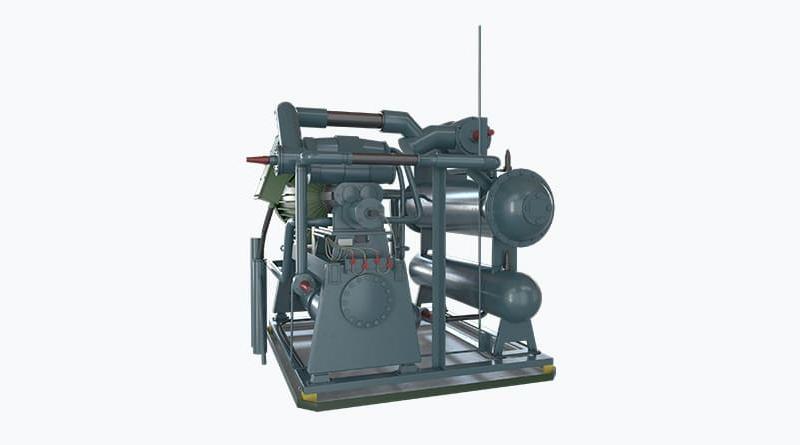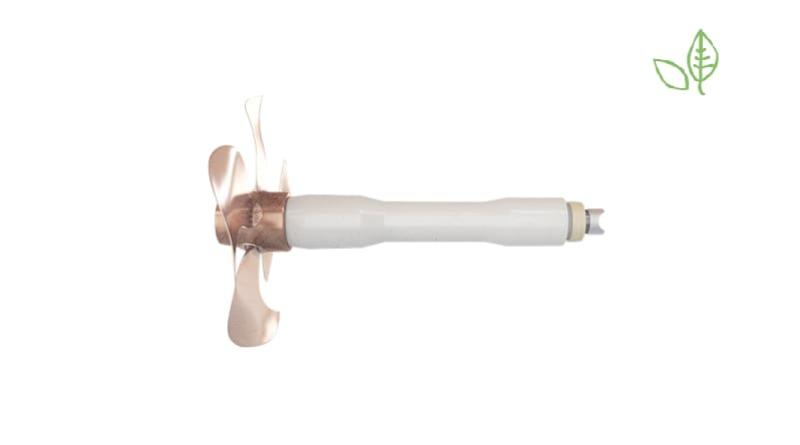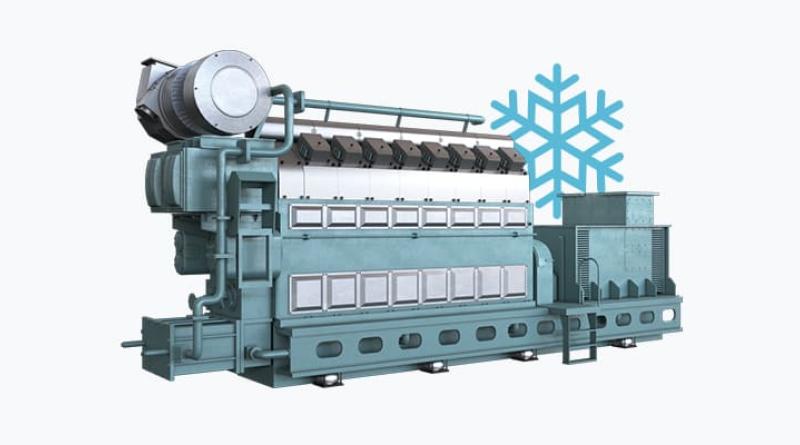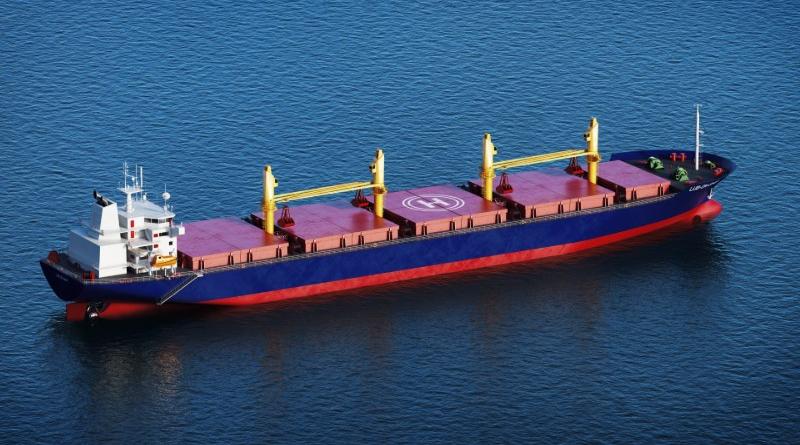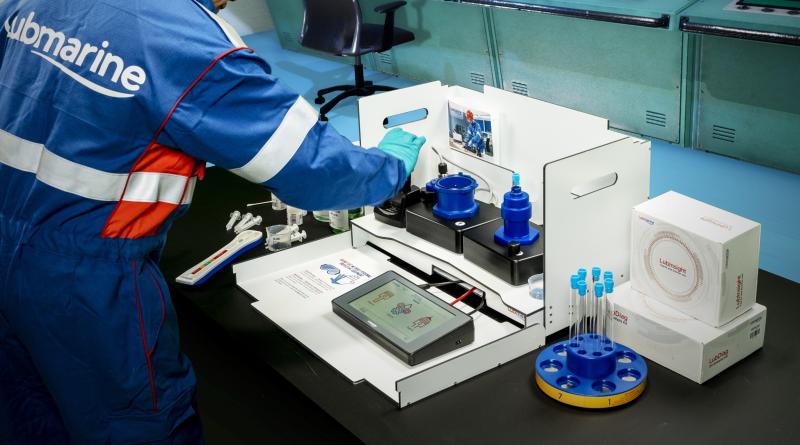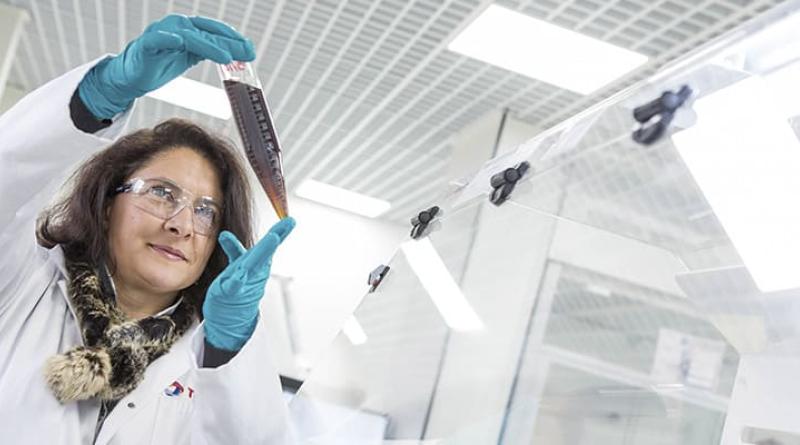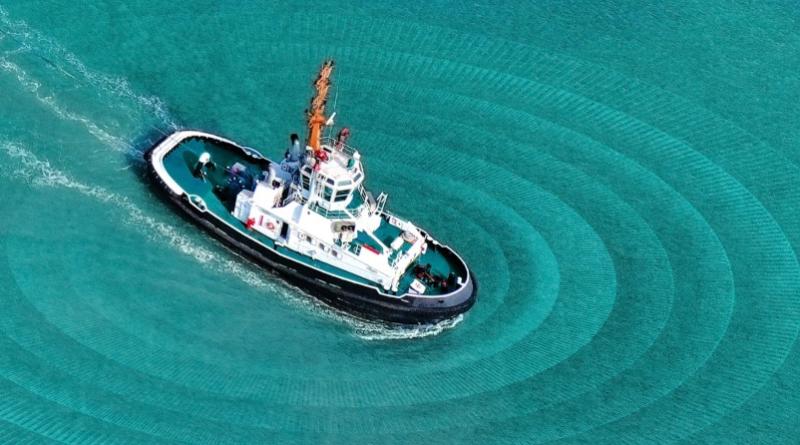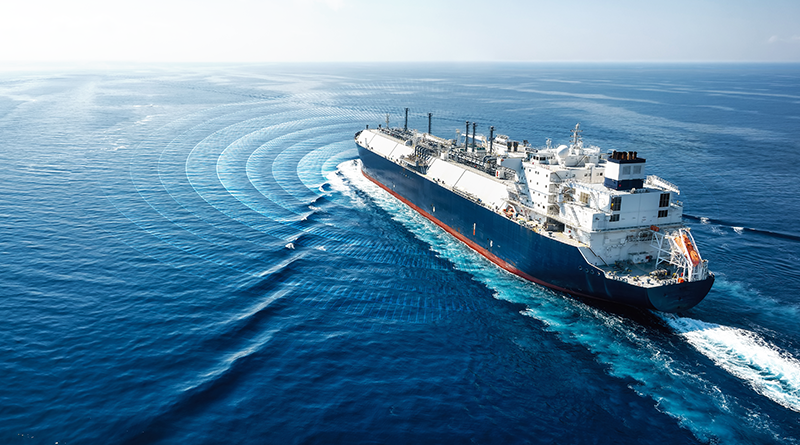FAQ
What is the IMO 2020 Global Sulfur Cap regulation?
Regulation 14.1.3 of MARPOL Annex VI stipulates that the sulfur content of any fuel oil used on board ships outside Emission Control Areas (ECAs) must not exceed 0.50% m/m from 1 January 2020, except for ships using ‘equivalent’ compliance mechanisms, while vessels operating within ECAs will be required to use fuel oil with a maximum sulfur content of 0.10%.
The ‘equivalent’ compliance mechanisms permitted by Annex VI, Regulation 4, include LNG or exhaust gas cleaning systems (ECGS, also known as ‘scrubbers’) which are outside the scope of this Guidance. (ECGS will allow higher sulfur fuels (>0.50% m/m) to be burnt, with the excess sulfur ‘scrubbed’ out of the uptake exhaust gas.)
To assist global implementation of the Global Sulphur Cap and the maintenance of a ‘level playing field’, IMO has also adopted a prohibition on the carriage of non-compliant fuel oil from 1 March 2020.
Do small ships have to comply with the sulfur limit from 2020?
Yes, the MARPOL regulations apply to all ships. Only larger ships of 400 gross tonnage and above engaged in voyages to ports or offshore terminals under the jurisdiction of other Parties have to have an International Air Pollution Prevention Certificate, issued by the ship’s flag State. But all sizes of ships will need to use fuel oil that meets the 0.50% limit from 1 January 2020.
Some smaller ships may already be using fuel oil that meets the limit, such as a marine distillate suitable for their engines. (Small ships operating in the already-designated emission control areas will be using fuel oil that meets the 0.10% limit in those emission control areas.)
Does the sulfur limit apply only to ships on international voyages?
The sulfur oxides regulation (MARPOL Annex VI, regulation 14) applies to all ships, whether they are on international voyages, between two or more countries; or domestic voyages, solely within the waters of a Party to the MARPOL Annex.
More infos on IMO2020 regulations and our lubricants solutions can be found on our dedicated section.


